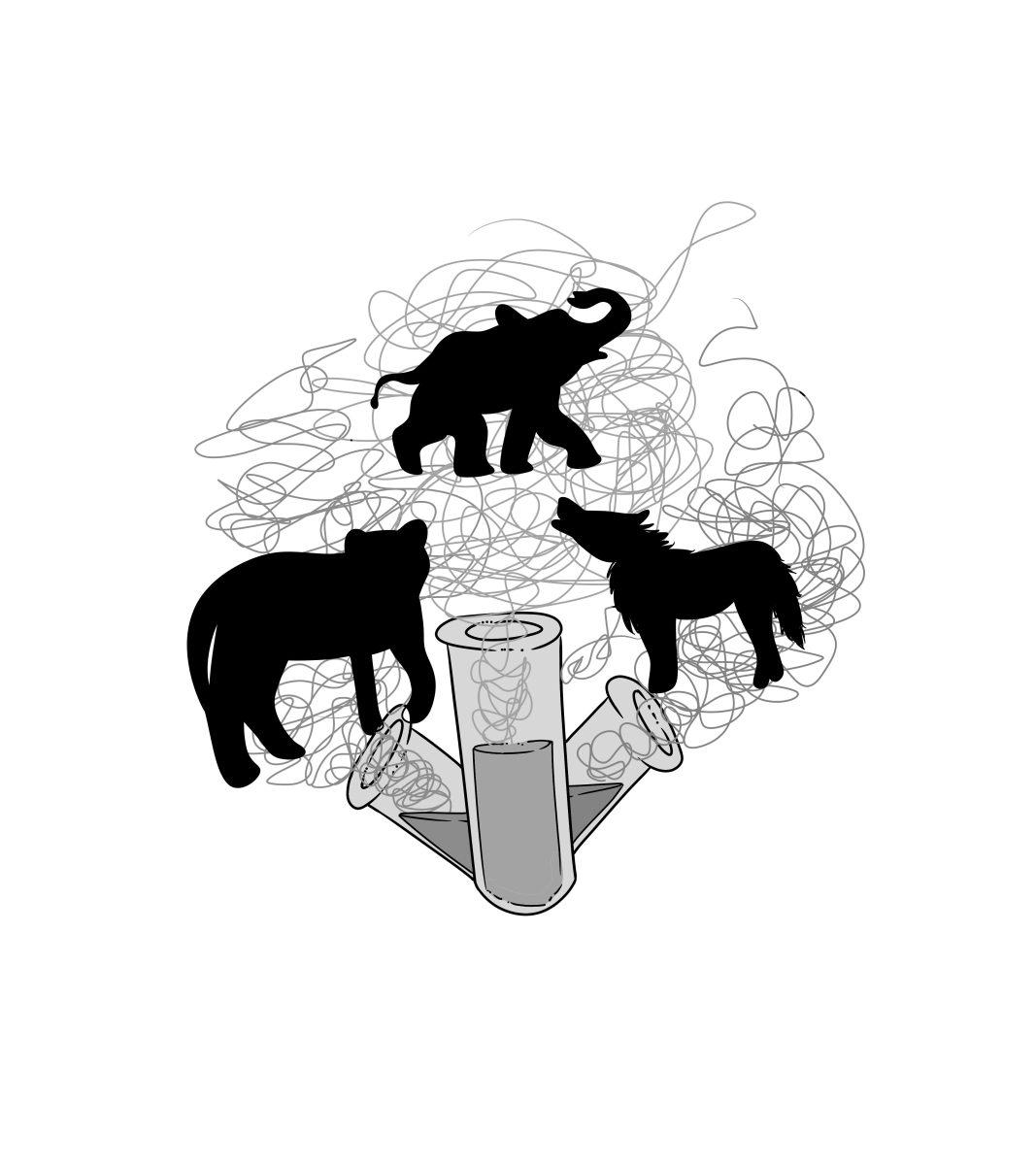
Biotechnology, according to the Oxford Dictionary, is “the exploitation of biological processes for industrial and other purposes, especially the genetic manipulation of microorganisms for the production of antibiotics [and] hormones.” Essentially, biotechnology uses knowledge that may be learned in a typical biology course and applies it to real world situations. This year, forecasting sheets will have one addition to the science classes: Biotechnology, a class spearheaded by Franklin biology teacher Anne McHugh. Current sophomores will be given the option to take this class in lieu of the standard biology class, and it will count as a biology credit. But what does a biotechnology class look like?
“Broadly,” McHugh says, “it will cover all of the same standards that the biology class does, but we’re going to be doing project-based learning… [focusing on] four big projects over the course of the year.” Each project will involve teams of students working together to solve real-world problems. This class is more hands-on, as it involves a project-based learning model, and the course does not involve the amount of labs and lectures that a traditional biology class might. The first project that students will be focusing on “[uses] the tools of modern biology to prevent mass extinction,” according to McHugh. The second project investigates tropical infectious diseases, the third project delves into personalized healthcare and “what the frontier of medicine looks like in fifteen or twenty years.” The fourth and final project the class will work on uses aquaponic systems to learn about food production and the ability to feed ten billion people by 2050.
The curriculum for this class is completely new. McHugh, along with several nonprofits and a biotechnology company, Genentech, is working on writing and designing the curriculum to use next year. Genentech approached McHugh with their research and observations from six years of working with a biology class to ask her to write the curriculum for a new biotechnology class. “One of the very unique aspects of this curriculum [is] that it is being written by an in classroom teacher,” says Dr. Emily Dilger, Chief Education Officer at Ignited, a nonprofit working with McHugh to design the curriculum. “I think all of that perspective is giving this curriculum that much more depth.”
Franklin is the only school in Oregon that is piloting this program, along with some schools in California. Both Dr. Dilger and McHugh hope to expand the program throughout California and Oregon, and extend the learning opportunities that this class has to offer throughout the United States and make the curriculum available for anyone to use globally.
This class is a great opportunity to learn biology with a focus on potential careers and project-based learning. Even if a biotechnology-focused career is not the end goal, it is still a great option for those who prefer a more hands-on learning approach. The class is “geared to make it fully inclusive of any student who’s interested, from your SPED students to your English language learning students to anyone who is pursuing a degree in science or technology,” says McHugh. “My classroom is inclusive and that’s intentional.”

































